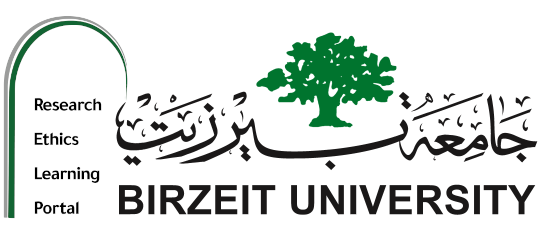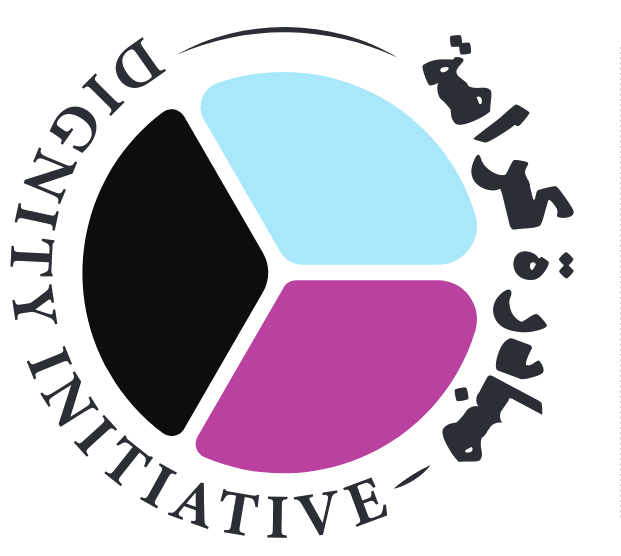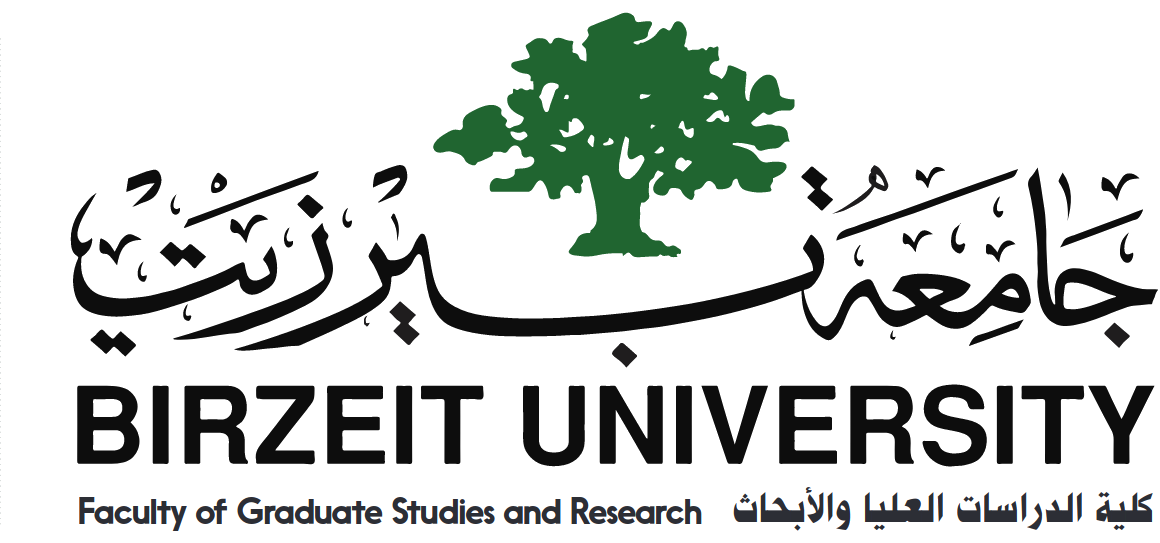Glossary
|
Term |
Definition |
|
Benefits |
All that strengthens the unity and harmony of society and human sustainability. |
|
Collective judgement |
The judgement on a particular issue made as a result of collective deliberations and consultations. |
|
Conformity |
To consciously or subconsciously match the behaviour of peers in an effort to assimilate within a group. |
|
Context sensitive review |
A review sensitive to the cultural, social, economic and political environment, ensuring that international principles are applied in the local context. |
|
Control Group |
A group of participants whose role in the study is that the experiment is not implemented upon them, in order to study its impact on another group compared to the participants of the control group. |
|
Encoding list |
A list including all participants' names and the codes allotted to each of them. It is kept securely and independently of the data. |
|
Equality |
Using the same standards with all human beings. |
|
Equity |
Treating everyone in a manner that takes into consideration making the most of their lives and talents, while considering their circumstances and conditions and striving for equality. |
|
Ethical Review Bodies |
Committees, councils, and bodies that are qualified and authorised to undertake research ethics review of research within a particular framework such as the university or research institute. |
|
Experimental group |
A group of participants who are experimented upon to study the experiment’s effect on them. |
|
Groups at more risk of harm |
Persons and groups on whom the potential impact of the event is greater than the potential impact on the rest of the people. |
|
Harm |
All that is likely to negatively affect a community and its members, by bringing about change that disrupts the organic unity and harmony between humans and/or humans and nature. Harm would also disrupt the requirements of preserving human life and existence in their communities and environments. |
|
Humans |
Societies, communities, and individuals and everything related to human beings from the moment of their inception to their memory after death. |
|
Independent review |
When an independent body from the researcher or research team reviews the research’s commitment to scientific research ethics. |
|
Justice |
Being fair in dealing with all human beings considering their circumstances and conditions, and striving for equality. |
|
Longitudinal studies (long-term) |
A type of study that requires collecting data from or about participants over an extended period and over many sessions. It also requires saving this data and the participants' contact details. |
|
Methodological adequacy |
The existence of a plan, specifications, tools, and resources for the implementation of the research, which ensures that the research will achieve its intended results. |
|
Narrow interests |
An interest that does not pertain to society as a whole, but rather to an individual, group, or segment of society. |
|
Natural observation |
Observing individuals and groups within their ordinary environment without affecting the natural course of their lives. |
|
Peer review |
An evaluation which is done in consultation with peers based on their knowledge and expertise. |
|
People lacking legal capacity |
Individuals incapable of making informed decisions by themselves. Their participation in the research requires the approval of a third legally approved body such as a parent or legal guardian. This group includes, but is not limited to, children, people with cognitive or psychological impairments, coma patients and amnesiacs. |
|
Personal interests |
An interest that pertains to an individual or a matter related to his/her private domain (for example, the family or family members). |
|
Power relations |
A relationship in which one party has more socio-political-economic power over another, which involves forcing the disadvantaged party (less powerful) to act according to the will of the stronger party. |
|
Private interests |
A type of interest that pertains to matters stemming from needs in the private domain and not others. |
|
Private sphere |
The scope, place, and the set of relationships related to the lives and behaviours of individuals or groups that do not entail any public issue. |
|
Public sphere |
The scope, place, and the set of relationships related to the lives and behaviours of people, which is considered part of public (societal) concern. |
|
Regional interests |
An interest that pertains to a group living, working or belonging to a particular geographic area. |
|
Research Participants |
Researchers, research assistants, research team members, and those who share their data, time and information throughout the research process. |
|
Retrospective disclosure |
Providing the participants with study-related data that were withheld from them for reasons related to the success of the experiment. The disclosure process takes place after there is no need to withhold information in accordance with the stipulations of the research plan. |
|
Risk |
All that is likely to cause harm. |
|
Scientific integrity |
Rules that guarantee the sincerity and transparency of scientific production, and are related to the rules of conduct of researchers which could form a part of the code of conduct such as the inadmissibility of the researcher receiving gifts from their students, plagiarism, or manipulation of research data etc. |
|
Scientific integrity issues |
Issues related to the researcher’s professional behaviour while conducting his/her scientific work. The violation of these behaviours must lead to disciplinary or administrative measures being taken against the researcher such as in cases of plagiarism, falsification, and exploitation of other researchers. |
|
Self-review |
It is the review carried out by the researcher by examining his/her project in terms of its commitment to the principles of research ethics. |
|
Severity of risk |
The severity of risk relates to its impact and effect throughout the research process on the participants and on their ability to carry out their lives and relationships with their social environment. |
|
Social cost |
All that is required to carry out the research in terms of material values (time, and everything that can be evaluated financially, and the consequences on nature) and moral values (such as a sense of risk, anxiety, and the like). |
|
Structural inequality |
All that arises from the absence of equality due to economic, political and social structures. |
|
The social impact of the research |
The impact of the study on society during the research phase or as a result of its outcomes. |



